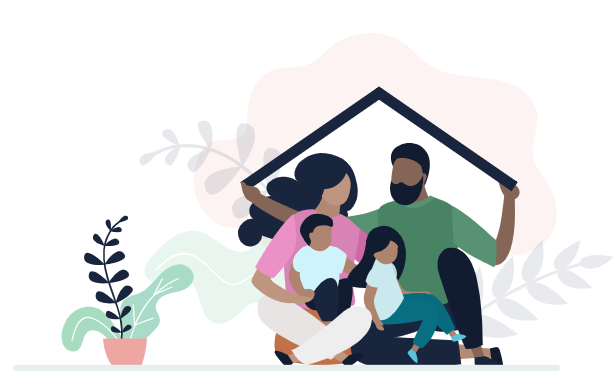


AFETY EDUCATION TIPS AT HOME FOR STUDENT 居家安全教育小贴士
| 1. | Strengthen traffic safety education. Educate children to strictly abide by traffic laws and regulations, do not run red lights, do not race bicycles, do not cross road barriers, do not chase and play on the road, do not take unlicensed and unauthorized vehicles and overloaded vehicles, and consciously implement the "hat project". |
| 2. | Strengthen food hygiene and safety education. Educate children to pay attention to food hygiene, do not overeat, do not eat "three no’s", expired food, do not eat roadside food stalls, do not eat fried and pickled food, do not eat snacks, wild fruits, to prevent food poisoning and mouth diseases. |
| 3. | Strengthen the disease prevention and control of safety education. Children should be educated to wash their hands and wash regularly, not travel to populated, air-polluted places, and often open the windows at home to ventilate the house, and let children participate in appropriate physical exercise to enhance their physical fitness, and to do a good job in preventing seasonal diseases and epidemics. |
| 4. | Strengthen forest fire prevention and fire safety education. Timely investigation of electrical safety hazards at home, educate children to correctly grasp the operation and use of household electrical appliances, electronic products, home disinfection. The use of alcohol-based disinfectant is prohibited on open flames, and do not use open flames in tourist attractions or forests.. |
| 5. | Strengthen the prevention of drowning safety education. When the weather is hot, children should not go to the river or pools to cool off. Children should not enter the water without adequate protection. Children should be resilient against peer pressure at this time. Parents should only let children out if they apply the "four knows": know where your children are going, know who they are going with, know the activities they will be doing and know when they will return. If you find that your children have abnormal behavior, they should be quickly stopped to prevent danger. |
| 6. | Strengthen the prevention of falling from height. Do a good job of high-rise building safety protection, strengthen the balcony, windows and other protective measures to prevent accidents caused by falling from a height. Educate children not to throw debris outdoors to avoid injury to others. |
| 7. | Strengthen the prevention of sexual abuse safety education. Guide children to establish a correct attitude towards life, be aware of and try to avoid sexual abuse in life, enhance children's self-protection awareness. In addition, children should be educated to consciously abide by social morality, abide by the law, and not to participate in illegal and undisciplined activities. |
| 8. | Pay attention to children's mental health. Parents should talk to their children more and more two-way equal, fully respect and understand the child, put an end to pampering, compromise, material lure and intimidation and other incorrect education. If your child encounters problems in learning and life, you can strengthen communication with the school and teachers, and work together to guide your child. If the child has abnormal psychological behavior or mental illness, we should take appropriate measures such as early intervention and treatment, do not avoid medical treatment. |
| 1. |
|
| 2. |
|
| 3. |
|
| 4. |
|
| 5. |
|
| 6. |
|
| 7. |
|
| 8. |
|
